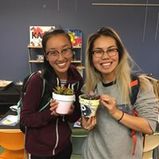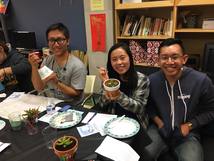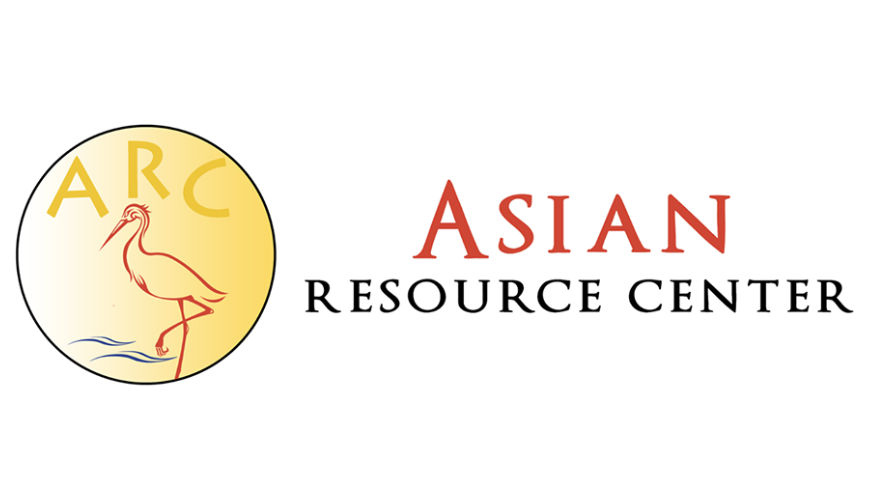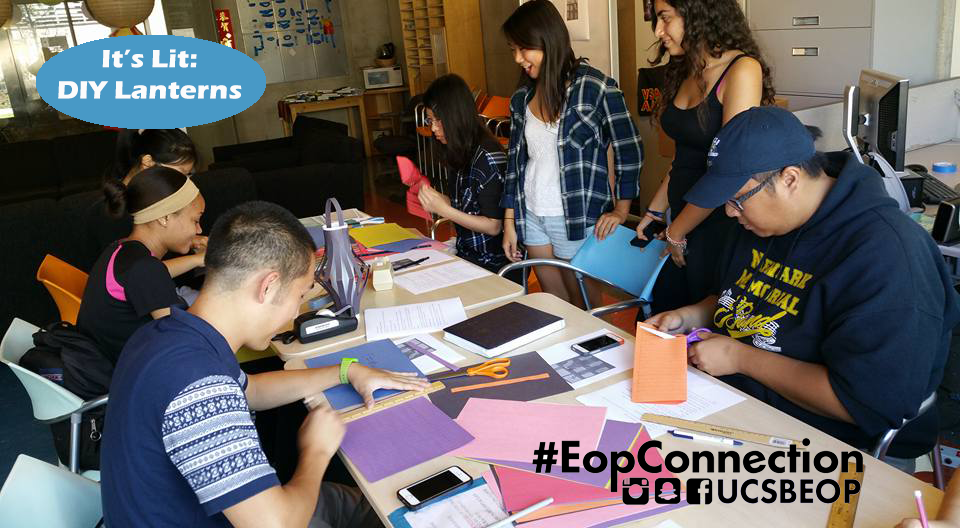What keeps those in the AAPI community from being open to addressing mental health?
In many AAPI cultures a core value is to behave in ways that brings honor to the family and community and avoid behavior that will shame them. Expressing feelings is oftentimes taboo, and some languages don't even have words for specific mental health concerns (e.g., depression). But when languages do have words that describe mental health concerns they tend to be negative (e.g., shénjīngbìng; jungshinbyungja; khud kushi) and further perpetuate the idea that mental health challenges are shameful and indicative of personal weakness or moral failing. Coupled with the belief that one should not being a burden to others, many folks in the AAPI community therefore keep struggles private rather than reach out for support.
Another significant factor that impacts attitudes about AAPI mental health is the "model minority" myth--the belief that all Asians are highly intelligent, successful, don't need assistance in school or daily challenges, and do not have mental health concerns. This stereotype not only serves to further isolate AAPI students by making them feel that having any struggles means that they are bad or there is something fundamentally wrong with them, but it also discourages them from seeking support. Moreover, if the broader culture buys into the model minority myth it also makes others less likely to recognize the struggles of AAPI students and proactively reach out to offer support and care.
There are real and significant struggles for students within the AAPI community, including familial pressure to achieve and obligations to give back to and take care of family, acculturation differences (e.g., parents hold onto traditional values while their children adopt new ones) that cause inter-generational conflict, peer group dynamics that can further perpetuate cultural pressures and competition, and inter-generational trauma due to racism, exclusion, and violence perpetuated against the AAPI community, among other concerns.
So how can we change the culture around how mental health is addressed in the AAPI community? Harnessing the values of AAPI culture, such care for family and community as a core part of identity, and sharing your story with others of similar cultural backgrounds can help you to feel more understood and can be a very powerful healing experience.
Another significant factor that impacts attitudes about AAPI mental health is the "model minority" myth--the belief that all Asians are highly intelligent, successful, don't need assistance in school or daily challenges, and do not have mental health concerns. This stereotype not only serves to further isolate AAPI students by making them feel that having any struggles means that they are bad or there is something fundamentally wrong with them, but it also discourages them from seeking support. Moreover, if the broader culture buys into the model minority myth it also makes others less likely to recognize the struggles of AAPI students and proactively reach out to offer support and care.
There are real and significant struggles for students within the AAPI community, including familial pressure to achieve and obligations to give back to and take care of family, acculturation differences (e.g., parents hold onto traditional values while their children adopt new ones) that cause inter-generational conflict, peer group dynamics that can further perpetuate cultural pressures and competition, and inter-generational trauma due to racism, exclusion, and violence perpetuated against the AAPI community, among other concerns.
So how can we change the culture around how mental health is addressed in the AAPI community? Harnessing the values of AAPI culture, such care for family and community as a core part of identity, and sharing your story with others of similar cultural backgrounds can help you to feel more understood and can be a very powerful healing experience.
|
|
|
AAPI Monologues
In May 2018 the first AAPI Monologues saw UCSB students, staff, and faculty share their stories about their experiences of being AAPI (South Asian, Southeast Asian, East Asian, Pacific Islander, and Hapa/Mixed). Many moving performances let audiences into the social experiences and complexities of identity that those in the AAPI community embody. Check out this poignant clip of one of the students who presented at the event. |
|
What's one of the best ways to build strength & resilience? Get connected!
Check out these culturally-based orgs on campus that can provide community and social support.
|
The mission of the Asian Resource Center (ARC) is to educate, promote, and encourage the interaction and dialogue among the diverse ethnic groups within the Asian American community at UCSB. The Center provides a supportive environment for students, staff, faculty, and community members to develop an appreciation for one's identity and to affirm an institutional commitment that recognizes one’s community. Below are some of the orgs associated with ARC:
|
Proudly powered by Weebly




